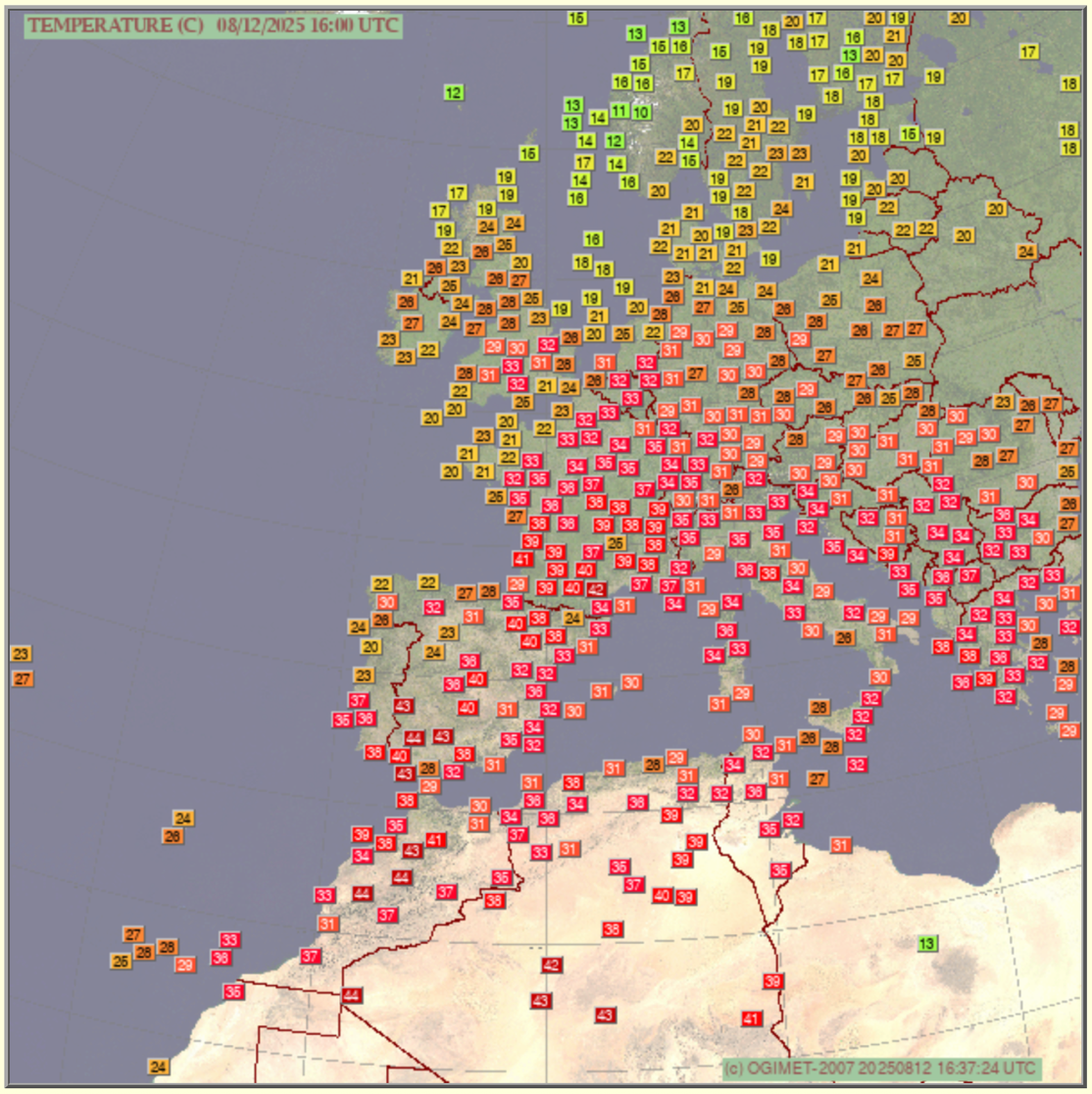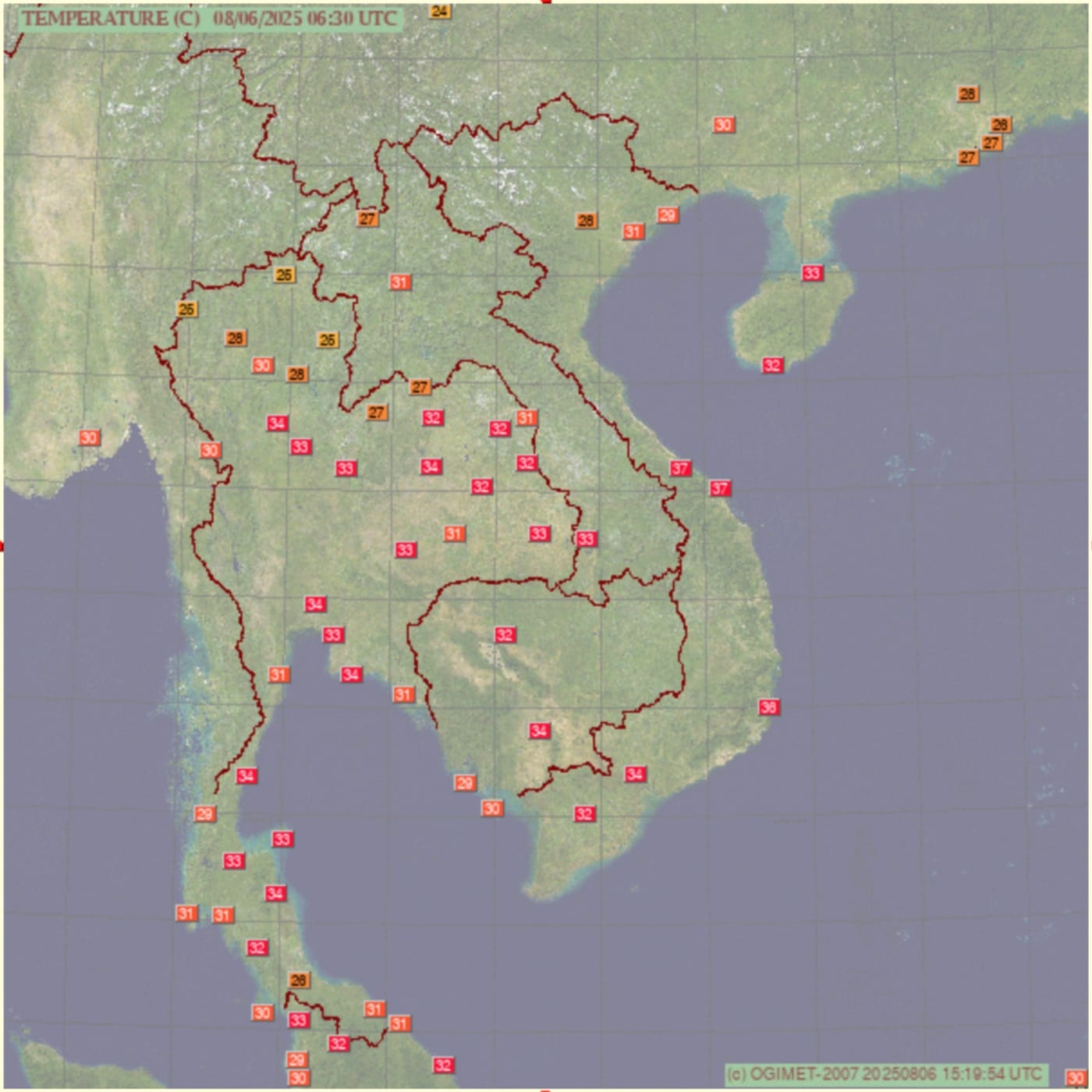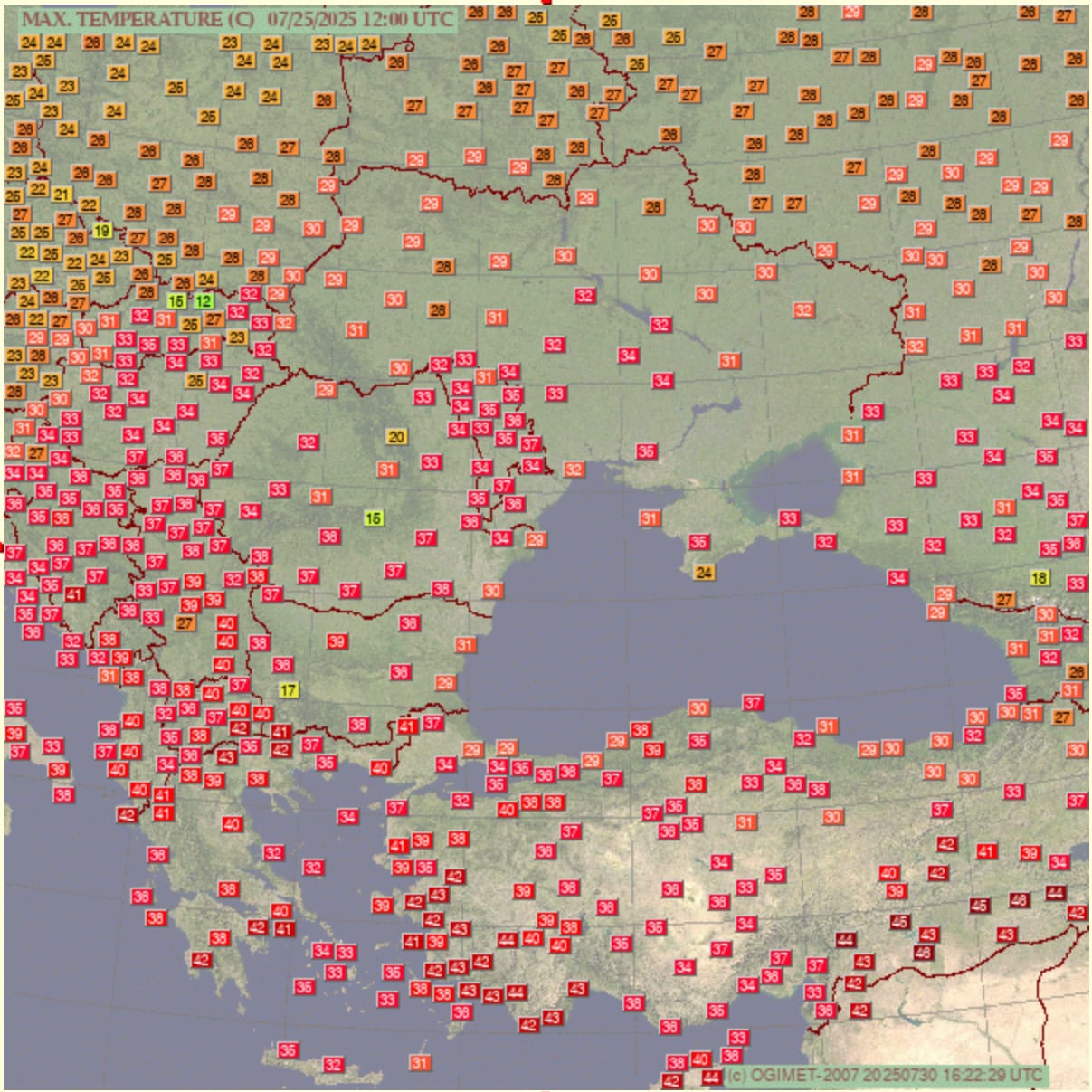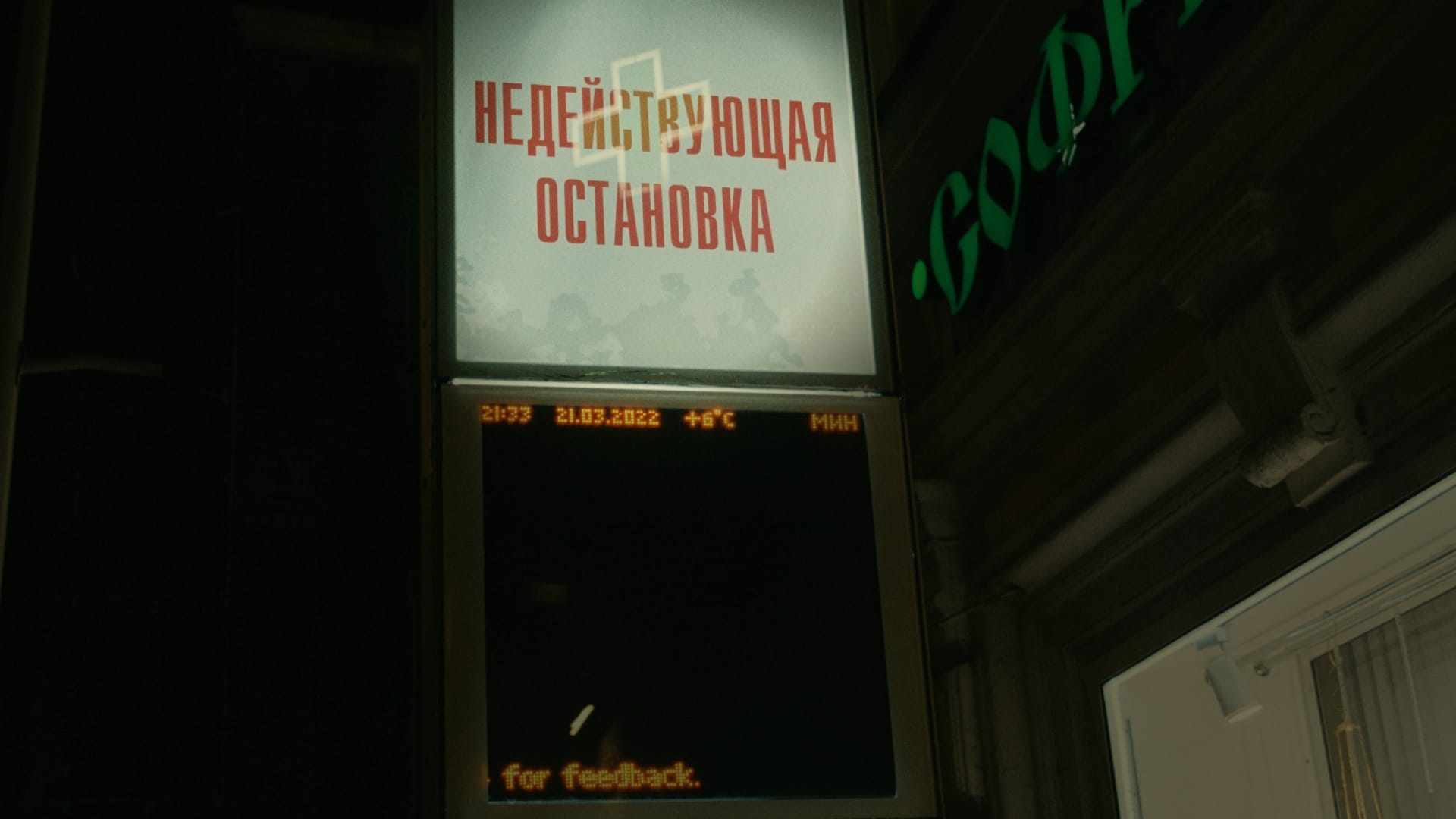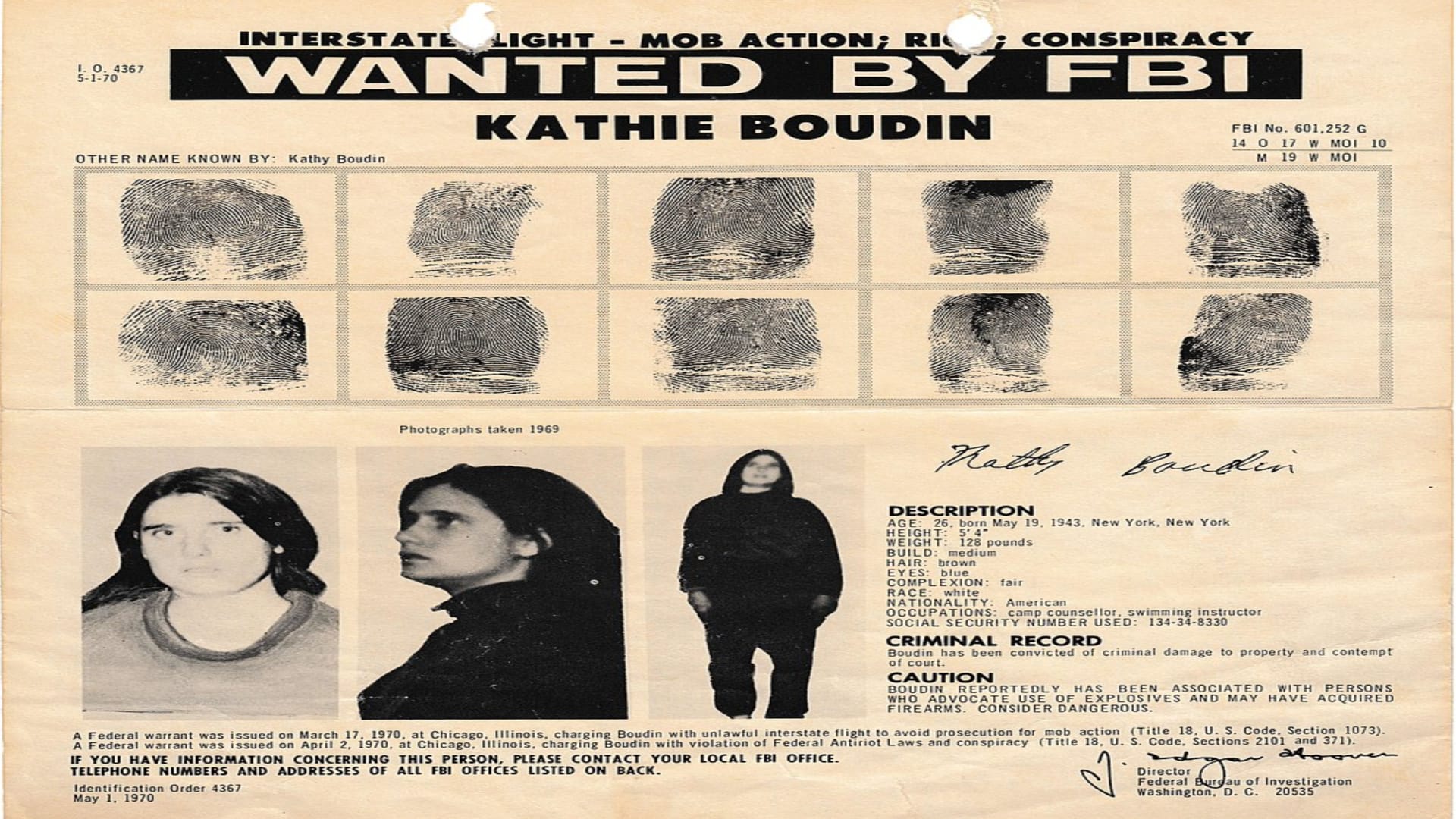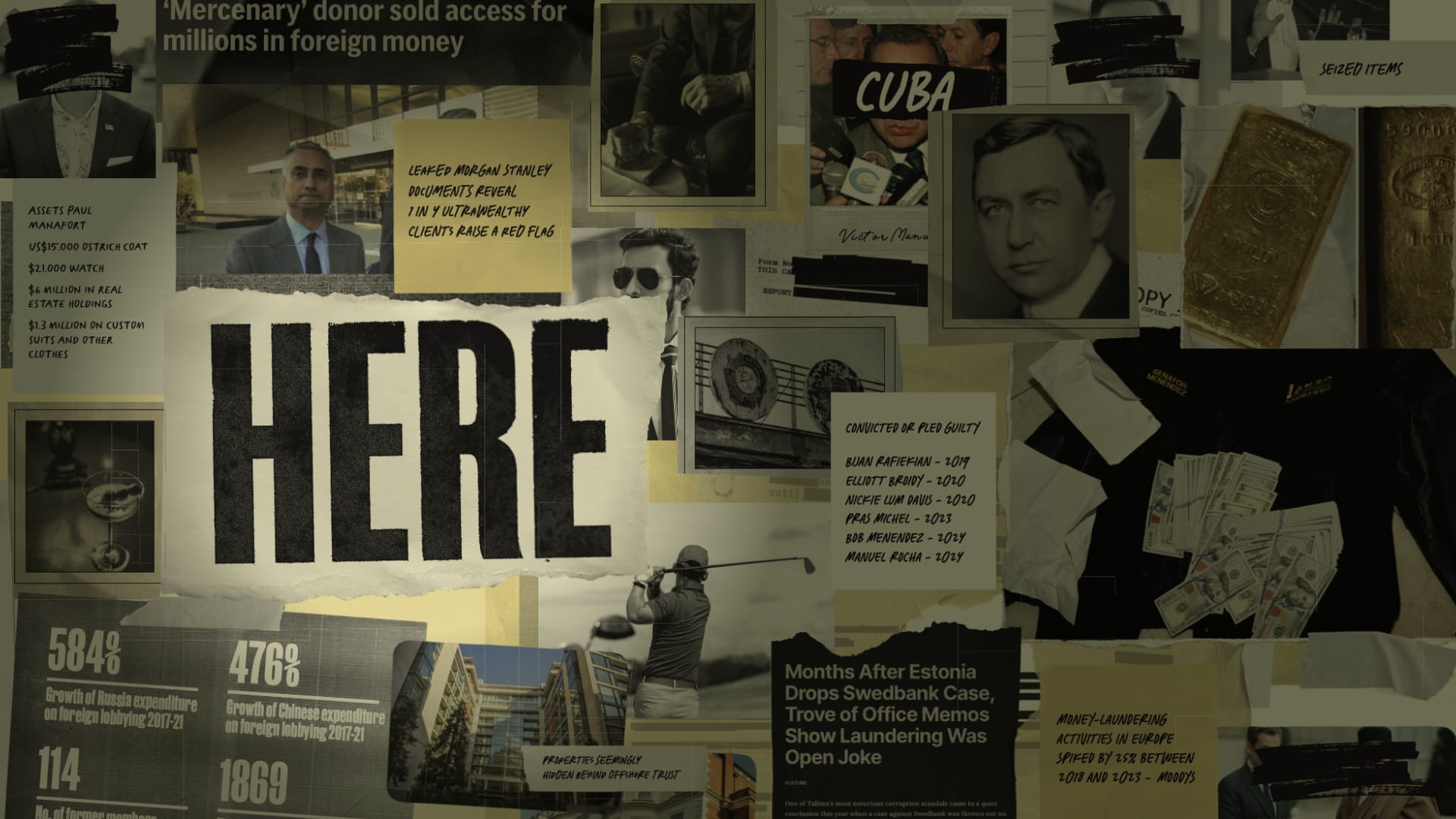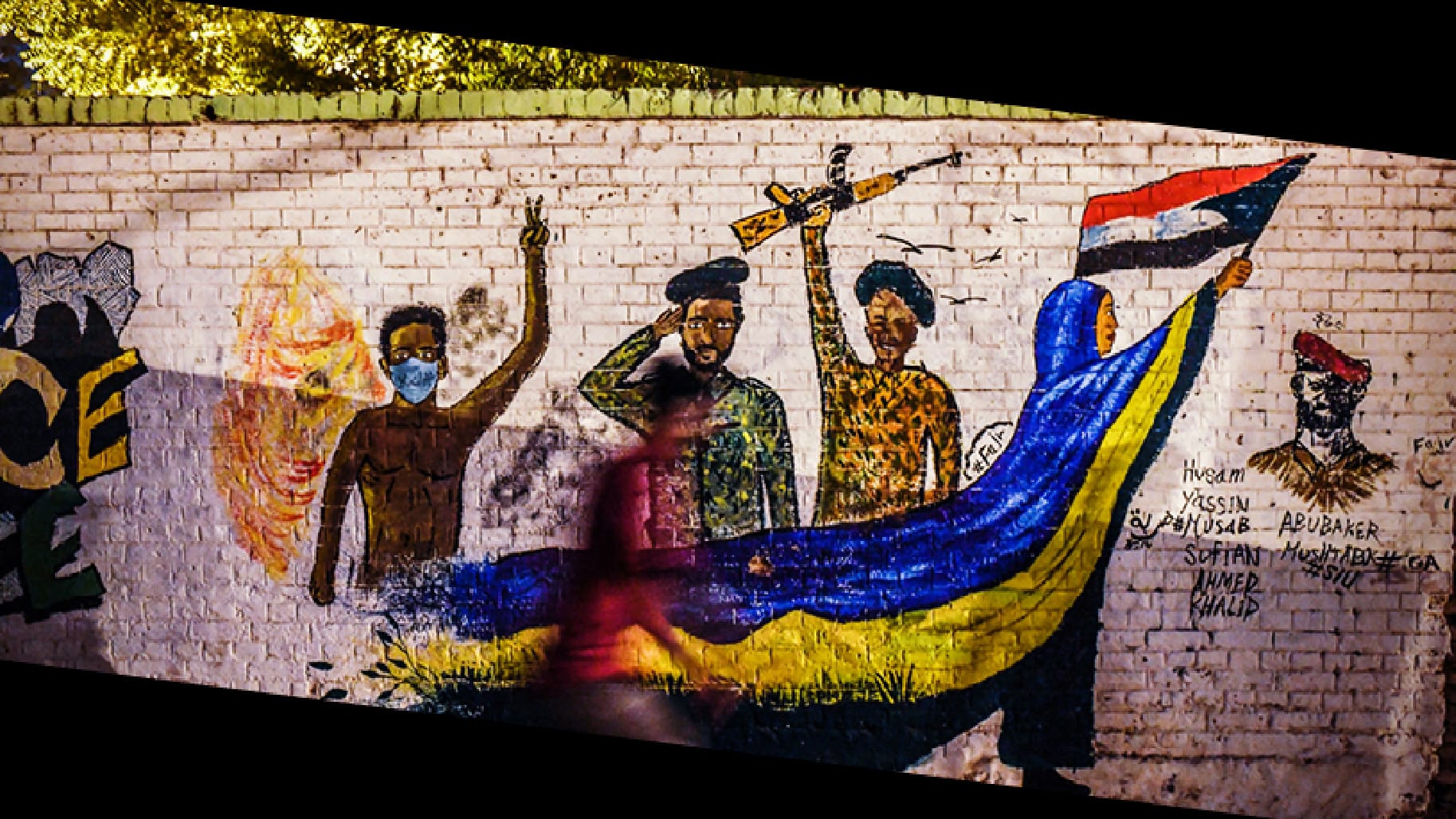The assassination attempt on Donald Trump over the weekend, injuring the former U.S. president—and killing Corey Comperatore, a firefighter from Sarver, Pennsylvania—has triggered a lot of understandable anxiety, not least in the media. In the U.K., the BBC declared that “the illusion of security and safety in American politics—built over decades—has been dramatically shattered.” In the U.S., The Atlantic, a publication founded in 1857, led its coverage of the crime by announcing in a banner at the top of its homepage that the incident was “part of a terrible new era of political violence.”
Is this true?
America has a long record of political violence, at times deadly, going back to the country’s founding. In 1804, Alexander Hamilton, the first U.S. secretary of the treasury, was killed in a duel with Aaron Burr, then Thomas Jefferson’s vice president. Between 1830 and 1860, historians have documented some 70 physical fights—including a caning—among members of Congress.
Four U.S. presidents have since been assassinated, and 13 others survived attempts—including Ronald Reagan in 1981. More recently, Gabby Giffords and Steve Scalise—a Democrat and a Republican, respectively—were shot while serving in Congress; and in 2022, Paul Pelosi, the husband of the former speaker of the U.S. House of Representatives Nancy Pelosi, was badly wounded in their home by an attacker wielding a hammer. In 2020, Michigan’s Governor Gretchen Whitmer was the target of a kidnapping plot, ultimately foiled by law enforcement.
From the 1960s through the ‘90s, much of the developed world went through an era of regular political violence. Between 1970 and 1998, the Red Army Faction—also known as the Baader-Meinhof gang—carried out a series of bombings, assassinations, and kidnappings in West Germany. In 1978, the Red Brigades killed Italy’s former prime minister Aldo Moro. And beginning in the late 1960s, groups like the Weather Underground undertook a program of political violence in the United States. Even in Canada, globally renowned as easygoing, the Front de Libération du Québec—a militant Québécois separatist group—kidnapped and killed a government minister in 1970. Over these same decades, thousands of British and Irish died in the conflict over the political status of Northern Ireland.
As recently as 2022, the former Japanese prime minister Shinzo Abe was shot and killed, while Pakistan’s PM survived a shooting the same year—as Slovakia’s did this May. Jair Bolsonaro, the former president of Brazil, was stabbed while campaigning for office in 2018.
So no, there’s no reason at the moment to think a terrible new era of political violence is upon America or the democratic world. We’ve been living through one for a generation.
What may be changing, however, isn’t the quantity of political violence but its quality. The leftist bombings of the 1960s and ‘70s, along with the jihadi operations of more recent decades, have receded. But it appears they’re being replaced by attacks rooted in domestic political polarization and ethnic identity. During the recent election campaign for the European Parliament, German police recorded at least half a dozen assaults, almost all involving supporters of the far-right Alternative für Deutschland. Across Europe, meanwhile, recent years have seen more and more Jews and immigrants—mostly Muslims—subject to brutality, neofascist and otherwise.





